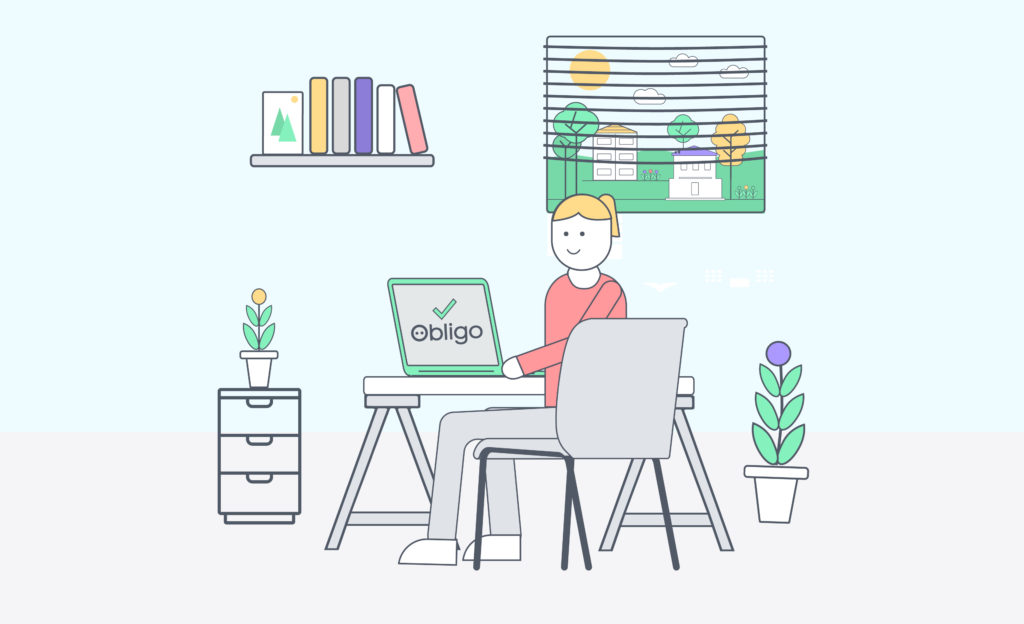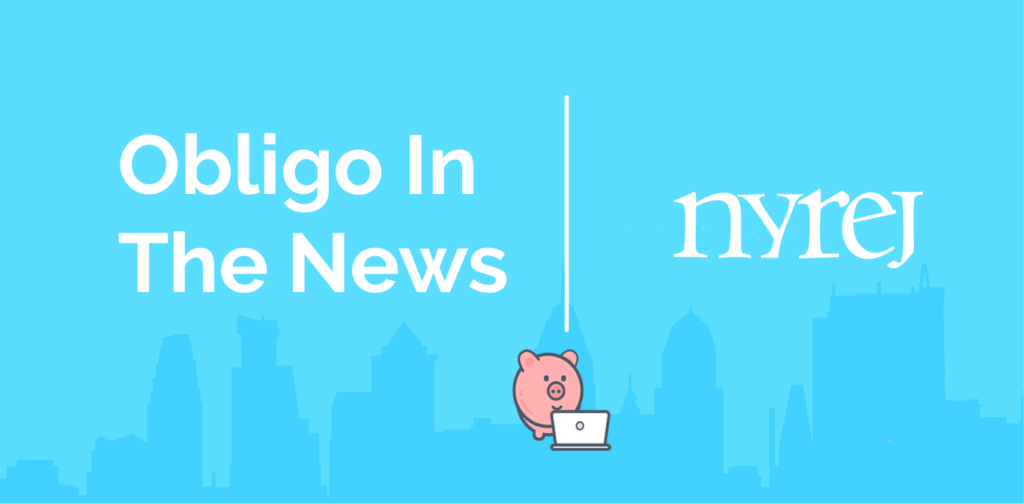If you were looking for an apartment 3 months ago, you would not have been able to go through the entire process without meeting a broker or visiting a leasing office. This was true even for the more ‘advanced’ owners and operators. But now, as social distancing guidelines continue to prevent in-person showings and lease signings, brokerages and leasing teams are evolving rapidly. Many, including Realogy, Compass, the Corcoran Group, Douglas Elliman and Core, have slashed their workforces, suspended ad budgets, and reduced pay and commission structures for those remaining.
People have already resumed their apartment hunting, despite the lockdown. Searches for apartments have returned to pre-pandemic volumes on RENTcafe.com, where April traffic surpassed pre-crisis levels by 17%. How can brokers and property managers realistically support this demand throughout the ongoing pandemic? All of a sudden, they must utilize online leasing, offer self tours and virtual tours, accept online move-in payments, and implement other online technologies that will enable them to execute leases remotely.
To enable a touchless application & move-in process, let’s take a closer look at the remote solutions available:
1) Showings
There are two digitally-enabled solutions for Showings:
– Self Touring – more and more owners are trusting renters, allowing them to enter vacant apartments and homes, while the agent is at home caring for their children or restricted from leading the tour because of social distancing. Tech companies like Latch and Knock enable safe, verified access for prospective renters, managing entry and exit, tour scheduling, and insights into the tour data.
– Virtual Tours – High-res photos, video tours and 3D captures are cheaper to create than ever before. Many agents simply use their phone camera and post the video to the listing’s page, and on social media, to market to tenants directly. Century 21 and Keller Williams, for example, are now offering virtual tours on Facebook and Zoom. More complex technology, like Matterport’s new Capture app, enables agents to capture a 3D environment and create an immersive, virtual tour.
2) ID Verification
If renters cannot meet in person with the leasing agent or property manager, how can they verify their identity? Every single detail in the application could be fraudulent, from fake names to stolen Social Security numbers. 95% of property management companies have experienced fraud in the last two years, which means insufficient ID verification can be a very costly mistake.
Luckily, there are remote solutions for this issue. Onfido is the leading digital solution that allows tenants to digitally prove their real identities, using photo ID and facial biometrics. Tenants can now verify themselves digitally, without ever needing to verify their identity in person.
While it’s possible for agents to implement ID verification solutions themselves, these services are built into other leasing tools, such as Obligo (see next section).
3) Move-in payments and security deposits
For move-in payments such as first month’s rent and/or the security deposit, agents and landlords typically require new renters to pay in the form of cashier’s checks or physical money orders. This reliance on certified funds is necessary as eChecks can bounce due to insufficient funds, while card payments are prohibitively expensive, typically charging a 3% processing fee. Furthermore, both forms of electronic payment are vulnerable to fraud, false disputes, chargebacks and reversal of payment.
Companies like Obligo provide an online move-in payment solution that allows renters to make certified online payments, for free. Obligo also has a deposit-free option for the applicant, which eliminates the requirement to lay out a large cash deposit, and can be an attractive amenity to feature in listings, as well as a sweetener to help close a deal.
Long Term Benefits Of Being Forced To Adapt
How homes are leased once social distancing guidelines are eased will be affected by the results of the ‘online leasing experiment’ that many leasing offices were forced to participate in, when they were made to work from home. Once society eventually returns to complete normality, we can expect some tech solutions to be abandoned when old habits resurface. It is a definite possibility that paper-based processes will reappear as soon as the leasing offices reopens, however we believe that more often than not, the comfort and ease that technology presents will be hard to overlook. The next time a leasing agent holds a paper form and a pen, the inefficiencies of the old process might suddenly become unbearingly clear. For many, remote leasing is here to stay.




